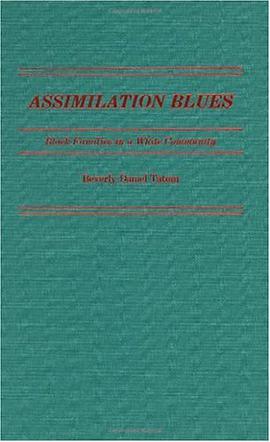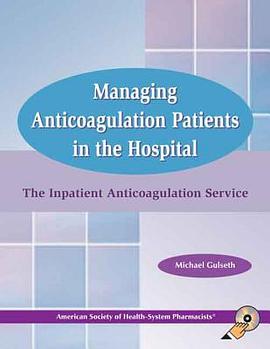

具体描述
Allergy truly is a modern malady. Only one hundred years ago, the term 'allergy' was unknown, and diseases subsequently identified as allergic in nature, such as asthma, hayfever, eczema and food intolerance, were routinely considered to be rare, non-fatal conditions primarily afflicting the cultured and civilized classes of Western society. By the closing decade of the twentieth century, however, allergy had acquired greater medical, political, socio-economic and cultural significance. Increasingly perceived by clinicians, the media and the public as widespread and potentially fatal conditions, allergies became a distinct clinical specialism, generated new diagnostic and therapeutic strategies, and, in the process, created a lucrative market for international pharmaceutical, cosmetic and food industries. Charting entirely new territory in the social history of medicine, Mark Jackson's book offers critical insights not only into the emergence of new categories of illness in the modern period but also into the historical geography of disease. In doing so, it presents a new perspective on the history of health, medicine and the environment and provides a challenging commentary on the global politics, economics and ideologies of health care in the civilized and industrialized modern world.
作者简介
目录信息
读后感
评分
评分
评分
评分
用户评价
相关图书
本站所有内容均为互联网搜索引擎提供的公开搜索信息,本站不存储任何数据与内容,任何内容与数据均与本站无关,如有需要请联系相关搜索引擎包括但不限于百度,google,bing,sogou 等
© 2025 book.wenda123.org All Rights Reserved. 图书目录大全 版权所有




















